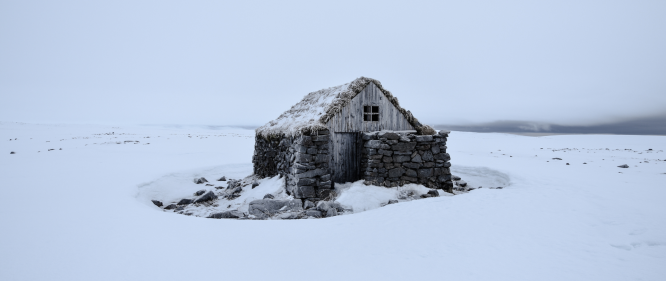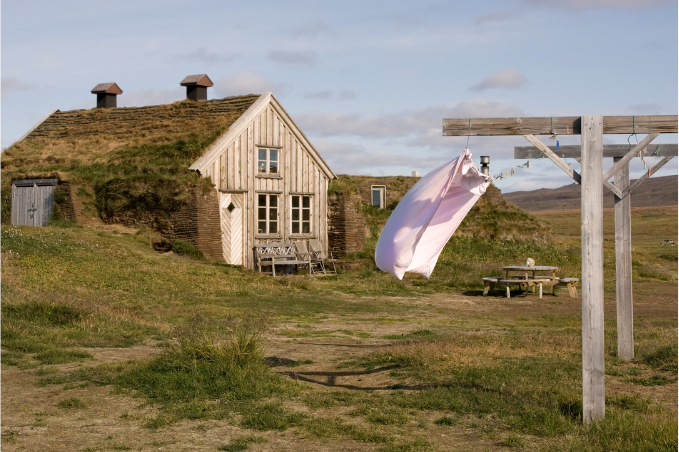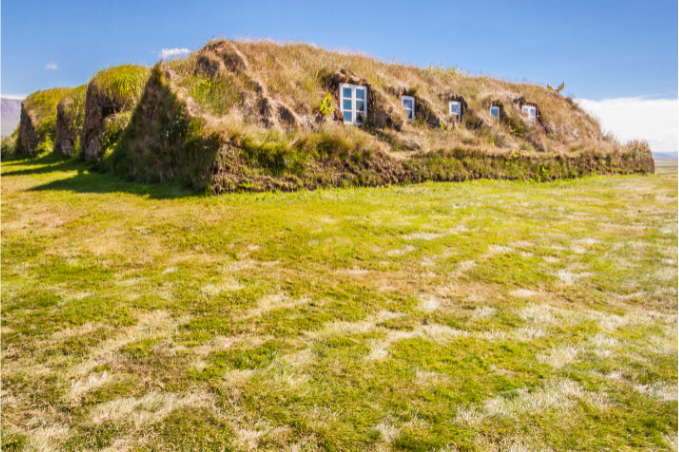Kvöldvaka: The Tradition of Icelandic Storytelling

Picture a time before technology—yes, we know, it's hard and a bit daunting. What would we do without our phones and tablets to keep us entertained on long, dark winter nights? Icelanders had the perfect solution: storytelling. In an era devoid of technology, where imagination and memory were the primary sources of entertainment, they would gather around the fire at the end of the day and share stories, do mind puzzles or recite verses. This tradition of congregating at the end of the day was known as kvöldvaka and typically took place in baðstofan, the main living space of the old turf farms.

Now, what exactly is a baðstofa? In literal translation, it means "bathroom." Originally, during the time of the first settlers and their longhouses in the 9th century, it indeed served as the bathing area, with a fire constantly maintained to keep the water hot, especially in those areas where access to geothermal water was not available. With time circumstances in Iceland changed and access to kindling dwindled, the baðstofa evolved from a secondary space into the main gathering space of the farm, retaining its name but shifting in function from bathroom to living room. Here, all members of the household would come together to spin wool and mend clothing but especially stay warm on long Icelandic winter nights.

Which brings us to kvöldvaka: translated into evening wake it is essentially storytelling, a time-honored tradition in Iceland. From reciting tales from memory since the first settlers arrived on the island to writing them down on vellum in the Middle Ages, storytelling permeates Icelandic culture. Whether it's heroic sagas of ancient Vikings (to whom every storyteller seems to be somehow related), tales of trolls and hidden people (which, while not believed in outright, are acknowledged "just to be safe"), or stories of ghouls, ghosts, and family curses—the tapestry of Icelandic storytelling is rich with mystery and color, offering a much-needed escape from the winter gloom.

We hope this glimpse into Icelandic storytelling inspires you to seek out stories of your own during your stay in Reykjavik. You can find Icelandic sagas and folktales in various translations at the Eymundsson bookstores, so why not take a look and perhaps bring home a piece of our culture with you?


